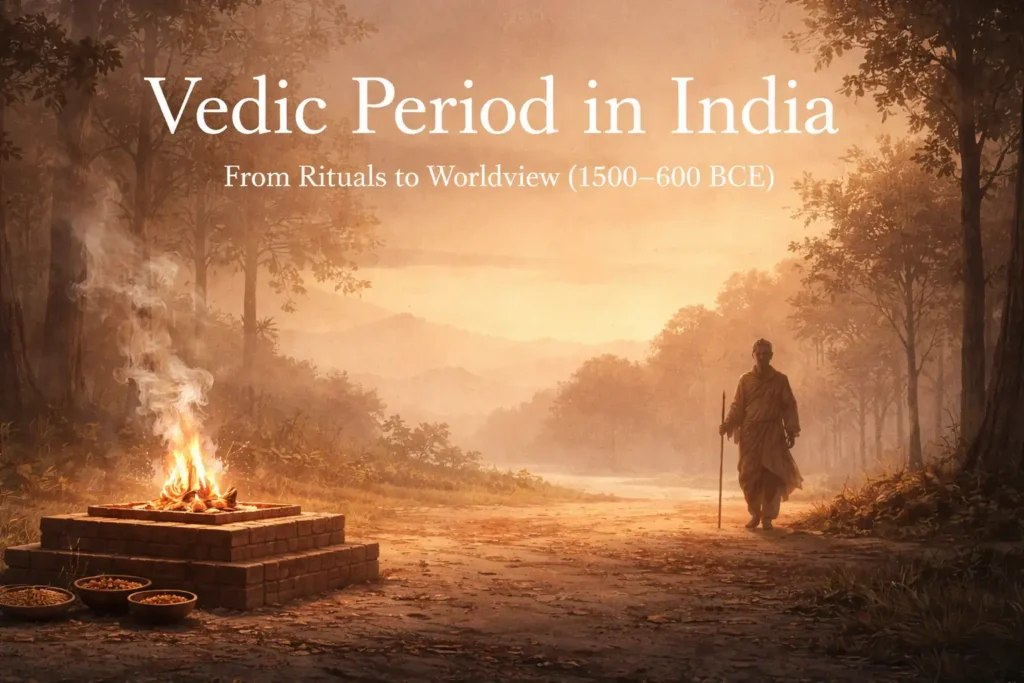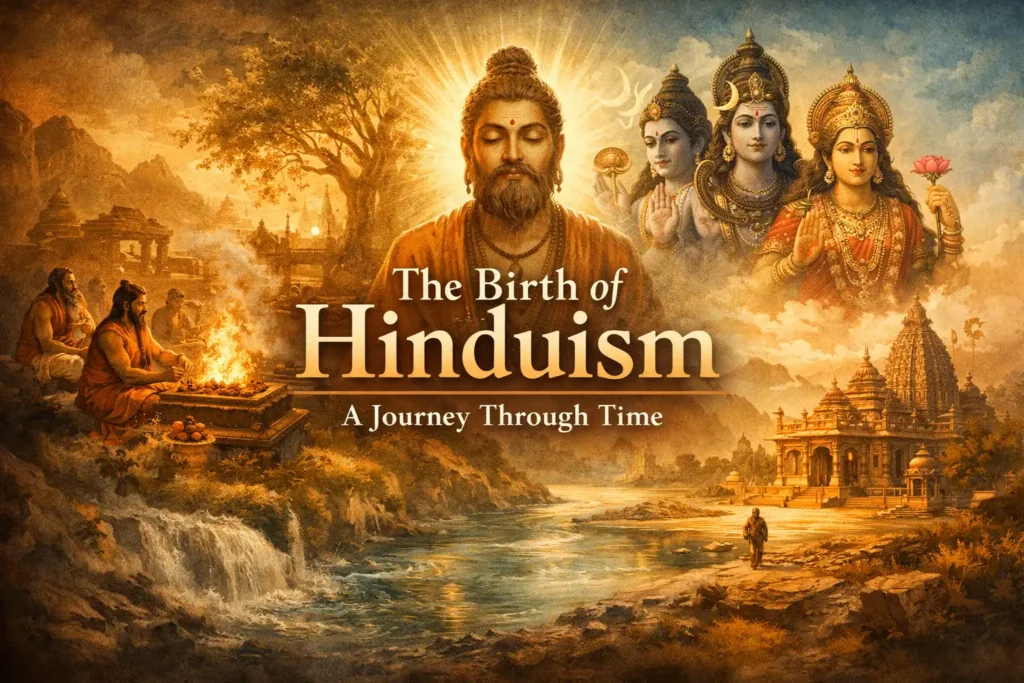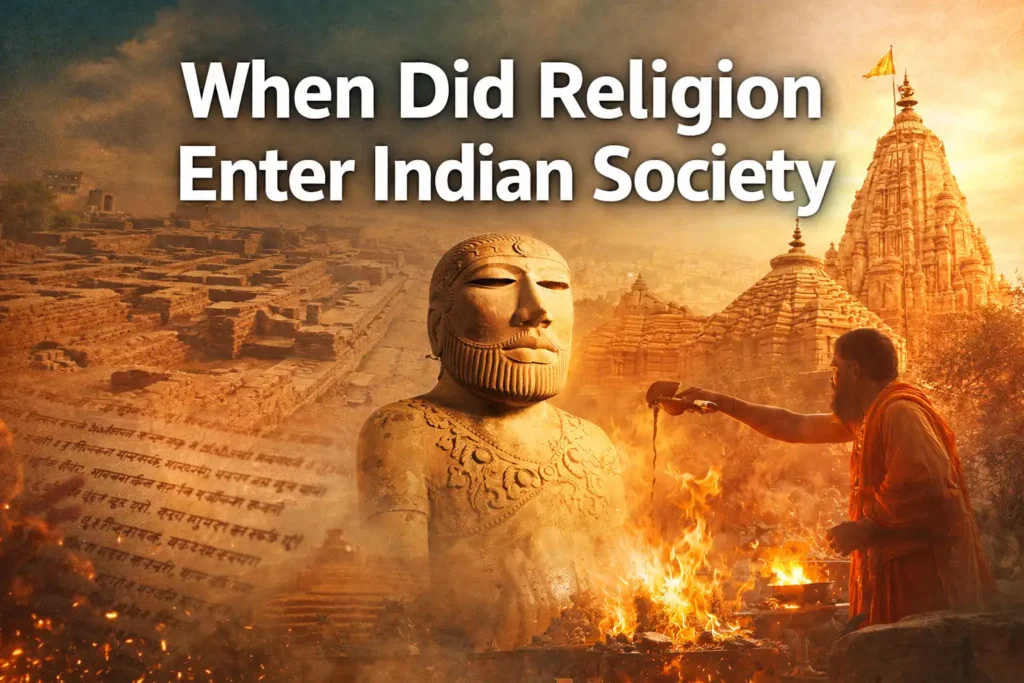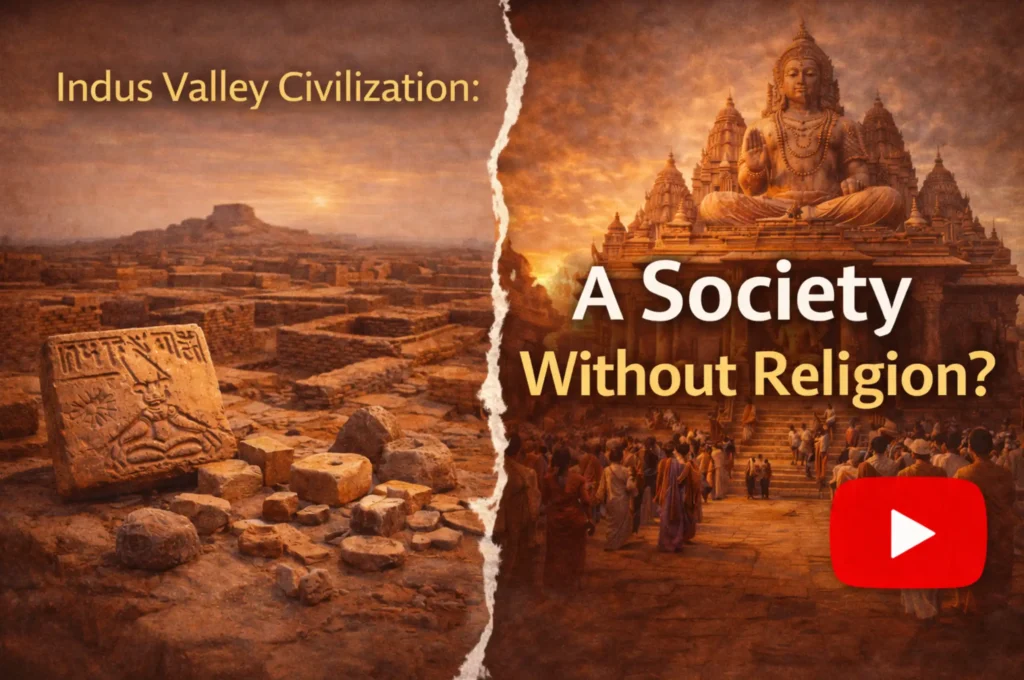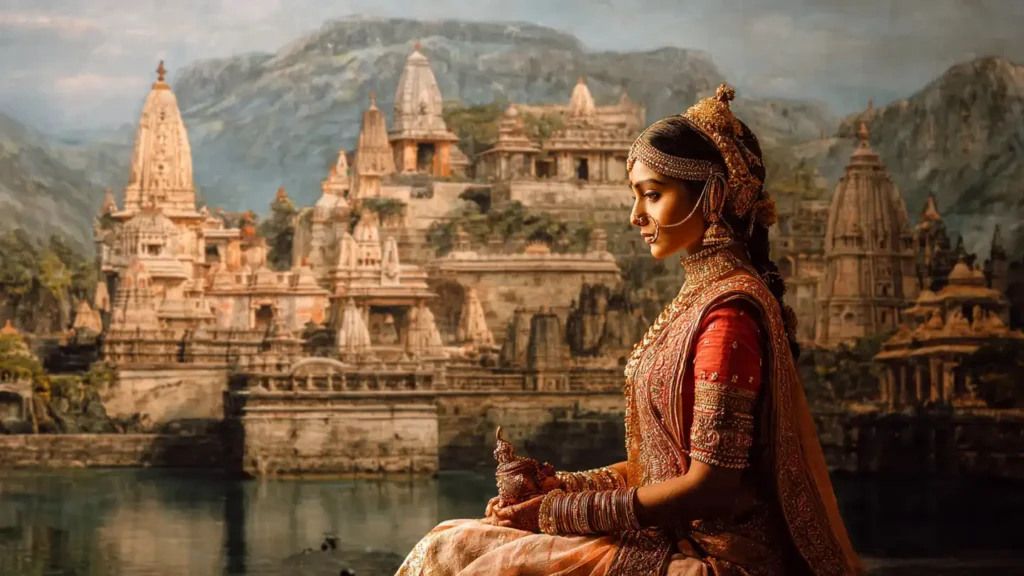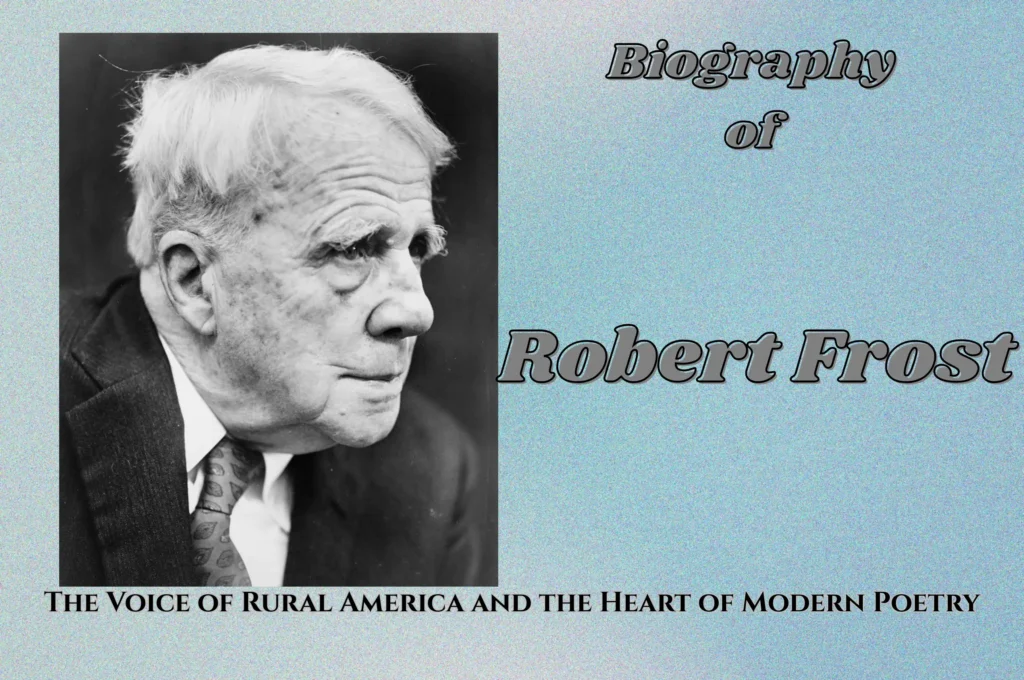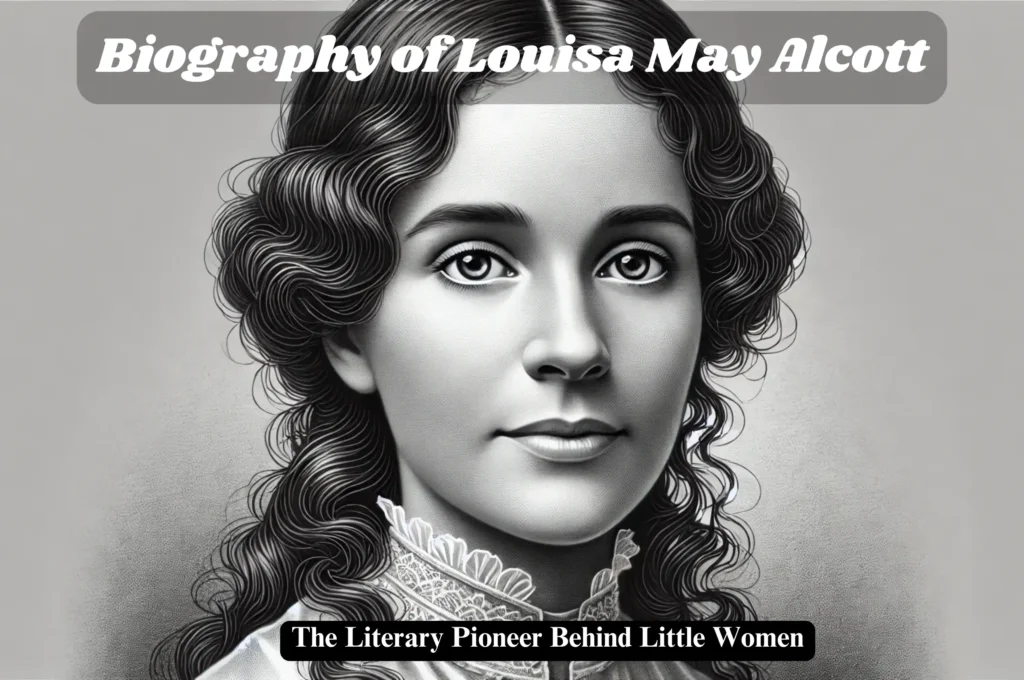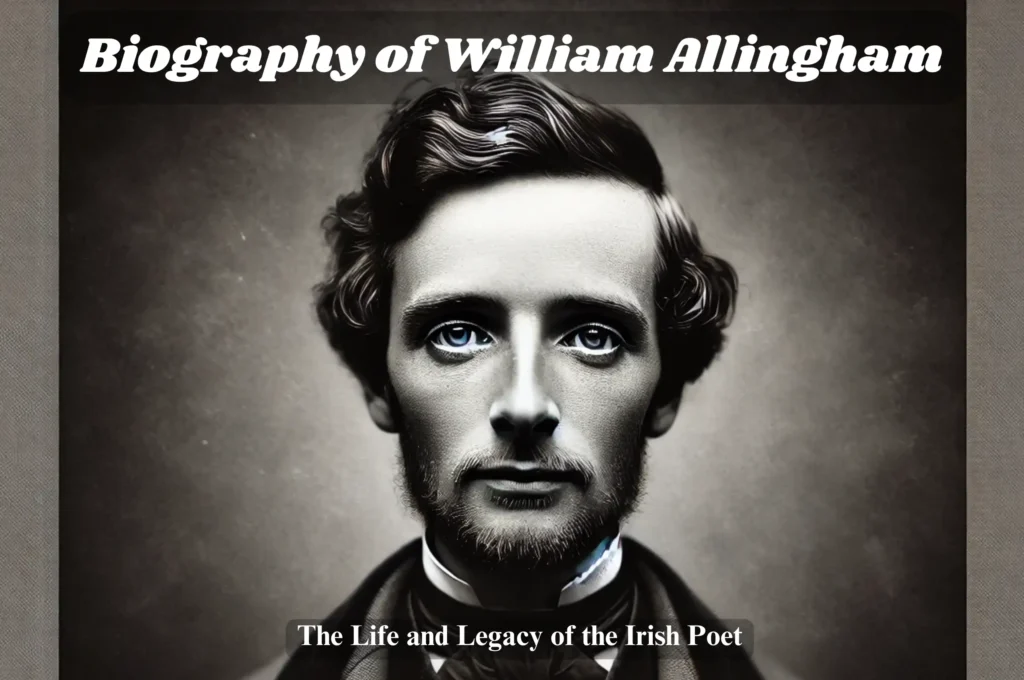Rabindranath Tagore was born on May 7, 1861, in the Jorasanko Thakur Bari, the ancestral home of the Tagore family in Kolkata, India. He was the youngest son of Debendranath Tagore and Sarada Devi. His family was one of Bengal’s most distinguished, known for its contributions to literature, philosophy, and social reform. Tagore’s early education was unconventional, as he disliked formal schooling. Instead, he was educated at home by private tutors and exposed to a broad range of subjects, including Bengali literature, Sanskrit, English, and Western philosophy. In 1878, he traveled to England to study law at University College London but returned to India before completing his degree, choosing instead to pursue a literary career.
Literary Contributions of Rabindranath Tagore
Tagore was a prolific writer, composing poetry, short stories, novels, essays, plays, and songs. His most famous work, Gitanjali (Song Offerings), won him the Nobel Prize in Literature in 1913, making him the first non-European to receive this honor. His poems and prose were deeply rooted in Indian culture and philosophy while incorporating universal humanist themes. Some of his other well-known literary works include Gora, Ghare-Baire (The Home and the World), and Chokher Bali. His short stories, such as Kabuliwala, The Postmaster, and The Hungry Stones, showcase his deep understanding of human emotions and society.
Tagore was a visionary thinker and an advocate for a world without boundaries. He believed in the unity of humanity and promoted cultural exchange through his works. His philosophy was influenced by the Upanishads and combined spirituality with modern humanist ideas. He strongly opposed nationalism and instead promoted the idea of universalism, which he termed Visva-Bharati—a world that celebrates knowledge and harmony beyond nationalistic divisions.
Role in Education and Social Reform In 1901, Tagore founded the Brahmacharya Ashram at Santiniketan, which later became Visva-Bharati University in 1921. His educational philosophy emphasized creativity, nature, and holistic learning, diverging from rigid colonial education. He was also a staunch advocate for women’s rights, rural development, and self-reliance, working actively to uplift marginalized communities.
Tagore and Nationalism Although he opposed aggressive nationalism, Tagore was deeply involved in India’s struggle for independence. He renounced his knighthood in protest against the Jallianwala Bagh massacre in 1919. His compositions Jana Gana Mana and Amar Sonar Bangla later became the national anthems of India and Bangladesh, respectively.
Later Years and Legacy In his later years, Tagore traveled extensively, fostering international dialogue on literature and philosophy. Despite suffering from health issues, he continued to write and compose music until his death on August 7, 1941. His legacy remains profound, influencing literature, music, education, and social thought in India and beyond.
Tagore’s works continue to inspire generations, advocating for freedom, creativity, and the unity of humanity. His timeless poetry and vision for a harmonious world remain as relevant today as they were in his lifetime.
Quotes by Rabindranath Tagore [LINK]

Poems by Rabindranath Tagore
Coming Soon …..

